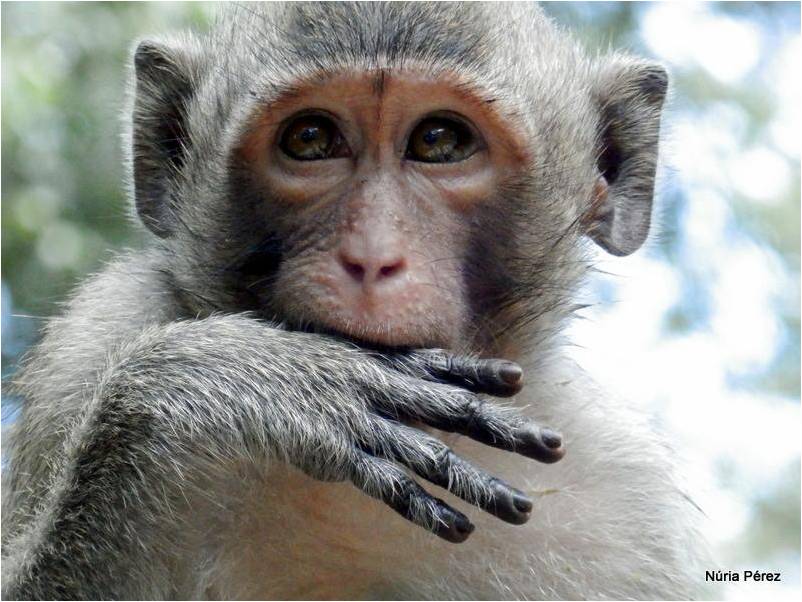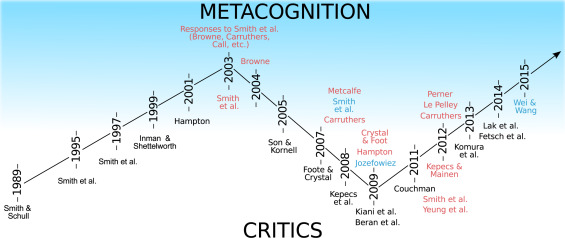Are non-human animals aware of their mental processes?
Es una cuestión que despierta mucho interés sobre la que faltan definiciones y más evidencia experimental, concluye un trabajo publicado Neuroscience and Biobehavioral Reviews por el equipo de investigadores que dirige Gustavo Deco, ICREA del Departamento de Tecnologías de la Información y las Comunicaciones.

The ability to reflect on one’s own behaviour and mental processes is called metacognition and has been considered a distinctiveness of humans. However, recent neurophysiological experiments have proposed the study of the neural correlates of the metacognitive ability of other species (dolphins, rats, monkeys, etc.). Although there is great interest in finding out whether other species than humans have the capacity for metacognition, there is no consensus on the definition and the methods to measure such ability in other species. Studies conducted so far are based on observing animal behaviour to determine if they have simple means of metacognition, such as confidence in their decisions or their certainty.
For example, one of the experimental designs used in monkeys consists of the animals having to make a decision so that they receive a reward if the decision is correct. They are also given the opportunity to choose a safe, though less agreeable reward. If they choose the safe reward, the experimenters conclude that the monkey has little confidence in the consequences of its decision in terms of reward. However, as the experiment becomes more complicated, when the decision is made more difficult, the monkey chooses the safe reward, which does not involve metacognition.

A critical perspective on recent studies
Hence the researchers Andrea Insabato, Mario Pannunzi and Gustavo Deco (ICREA), members and director, respectively, of the Research Group in Computational Neuroscience at the Department of Information and Communication Technologies (DTIC) at UPF, in a paper published in the journal Neuroscience and Biobehavioral Reviews, propose a critical perspective on recent studies that investigate the metacognitive ability of non-human animals.
According to the authors, “the tasks they use in these experiments are too simple and can be solved with simple associative-type motor sensory mechanisms”.
The authors propose an evaluation model based on the calculation of the likelihoods of getting a reward after the decision is made, although this task does not require the ability of metacognition, and they suggest that a better definition of this concept is needed to gain neurophysiological experimental evidence of this ability in non-human animals.
Reference work:
Andrea Insabato, Mario Pannunzi and Gustavo Deco (2016), “Neural correlates of metacognition: A critical perspective on current tasks”, Neuroscience and Biobehavioral Reviews, 71, pp. 167-175.http://dx.doi.org/10.1016/j.neubiorev.2016.08.030
This research is funded by the ERC DYSTRUCTURE Advanced Grant from Spain and AGAUR Agency of the Generalitat (Government) of Catalonia.
Figure 1 of the work:
Chronology of the last 25 years of research on metacognition in animals. The different colours indicate the proximity of each document: experiments in black, opinion articles in red, and theoretical or modelling in blue. The studies supporting the use of tasks for metacognition are shown below the timeline and those that criticize them are above the timeline.
